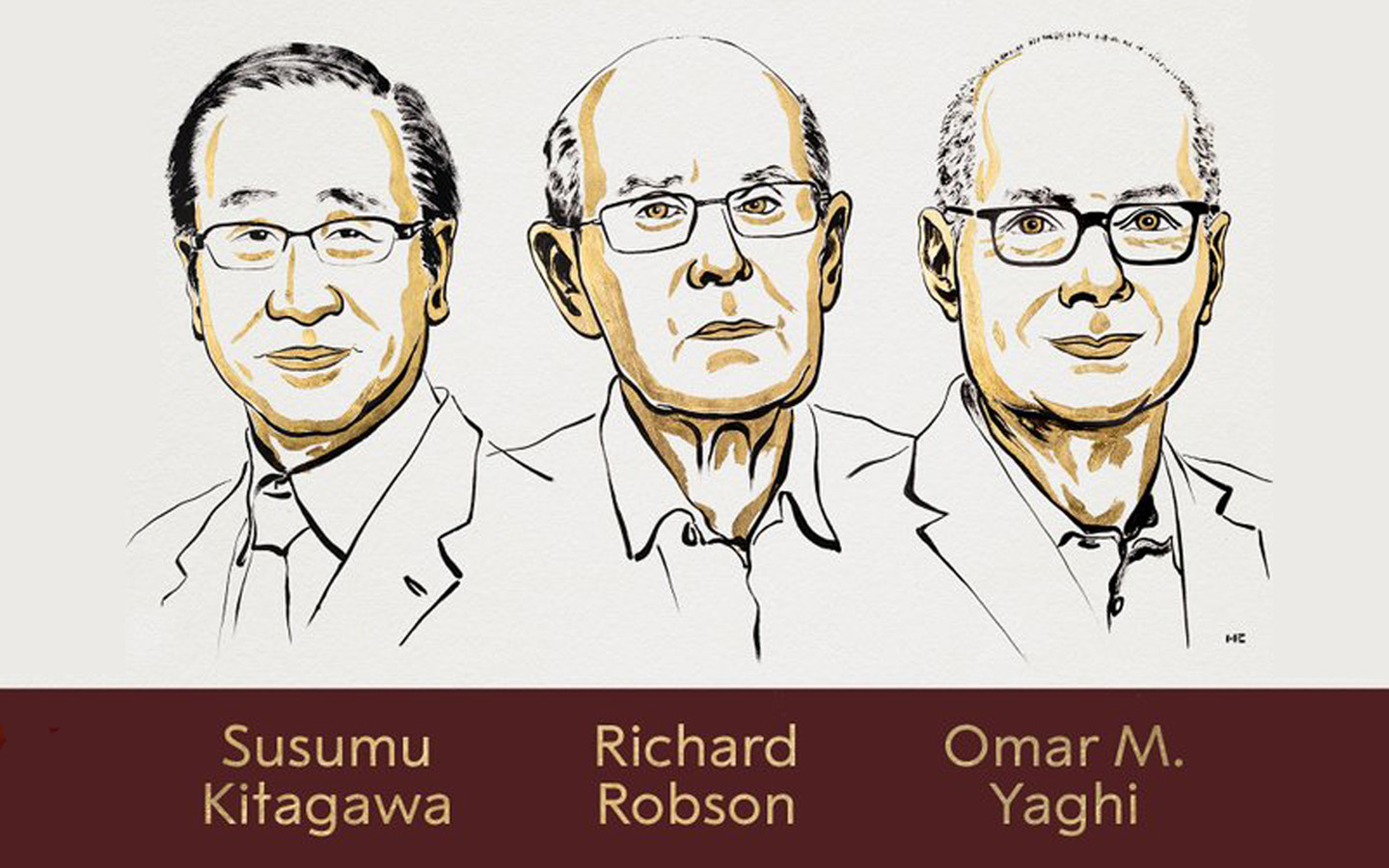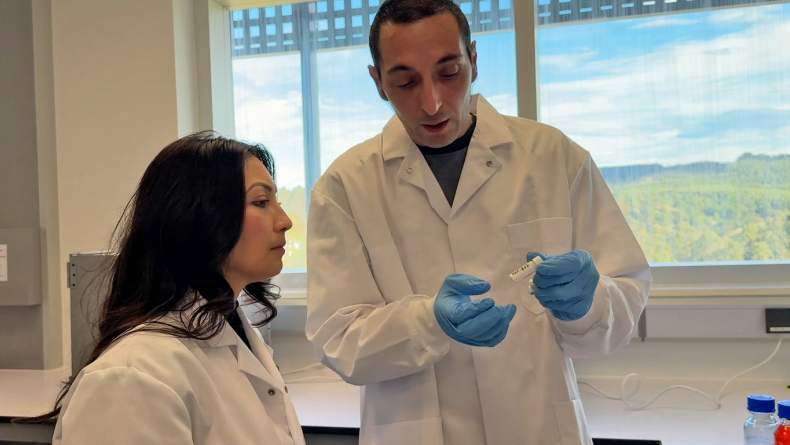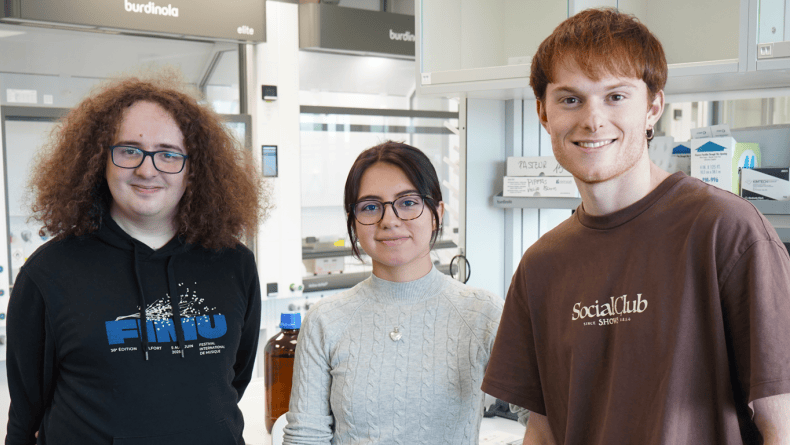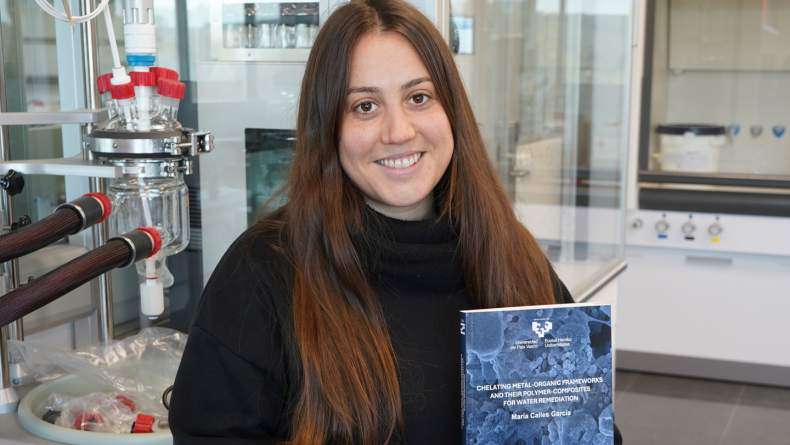Omar Yaghi Awarded Nobel Prize in Chemistry

Professor Omar M. Yaghi, who served as a member of the BCMaterials International Advisory Committee until recently, has been awarded the Nobel Prize in Chemistry on Wednesday, October 8, in recognition of his groundbreaking contributions to the development of metal-organic frameworks (MOFs). He shares the prize with Richard Robson, a pioneer in the field, and Susumu Kitagawa, who, alongside Yaghi, helped lay the foundations for the construction methods of MOFs.
At BCMaterials, we extend our warmest congratulations to Professor Yaghi and express our deep gratitude for his invaluable guidance and contributions to the future of our center through his participation on the International Advisory Committee. We also wish to congratulate Professors Robson and Kitagawa on this prestigious recognition.

What are MOFs and what are they used for?
MOFs (metal-organic frameworks) are molecular structures where metal ions act as nodes connected by long organic linkers. Together, they form crystalline frameworks with large, porous cavities. By altering the building blocks, scientists can design MOFs to capture and store specific substances. This makes them highly valuable for applications such as removing pollutants from gases or liquids, supporting environmental monitoring and remediation efforts.In addition to environmental uses, MOFs are being explored in a range of other fields: in medicine, for controlled drug delivery and the development of biomaterials; as catalysts in chemical reactions; in sensors; and much more.
At BCMaterials, MOF research has been ongoing for several years through projects such as SELFAQUASENS, aimed at purifying mining wastewater, and MOLBITS, where we are working to synthesize MOFs that behave like qubits for potential use in quantum sensing technologies.
Related news
Nanomaterials for Water Remediation and Valorization
Scientific staff at BCMaterials are developing next-generation nanomaterials combined with naturally sourced polymer membranes for water decontamination and reuse. These advanced materials not only…Three New Resarchers Join BCMaterials
The new year has brought BCMaterials the arrival of three new young scientists to our staff. They are the pre-doctoral researchers Karen Cano and Mikel Russo, along with the post-doctoral researcher…BCMaterials Activities at Emakumeak Zientzian (Women in Science)
This year marks the 10th anniversary of the Emakumeak Zientzian (Women in Science) initiative, which brings together more than 30 Basque organizations (universities, research centers, companies…) to…María Calles, New Doctor of BCMaterials
We would like to congratulate María Calles García for obtaining her PhDs in Materials Science and Technology from the UPV/EHU. On December 4 made a brilliant defense of her thesis titled ‘Chelating…



